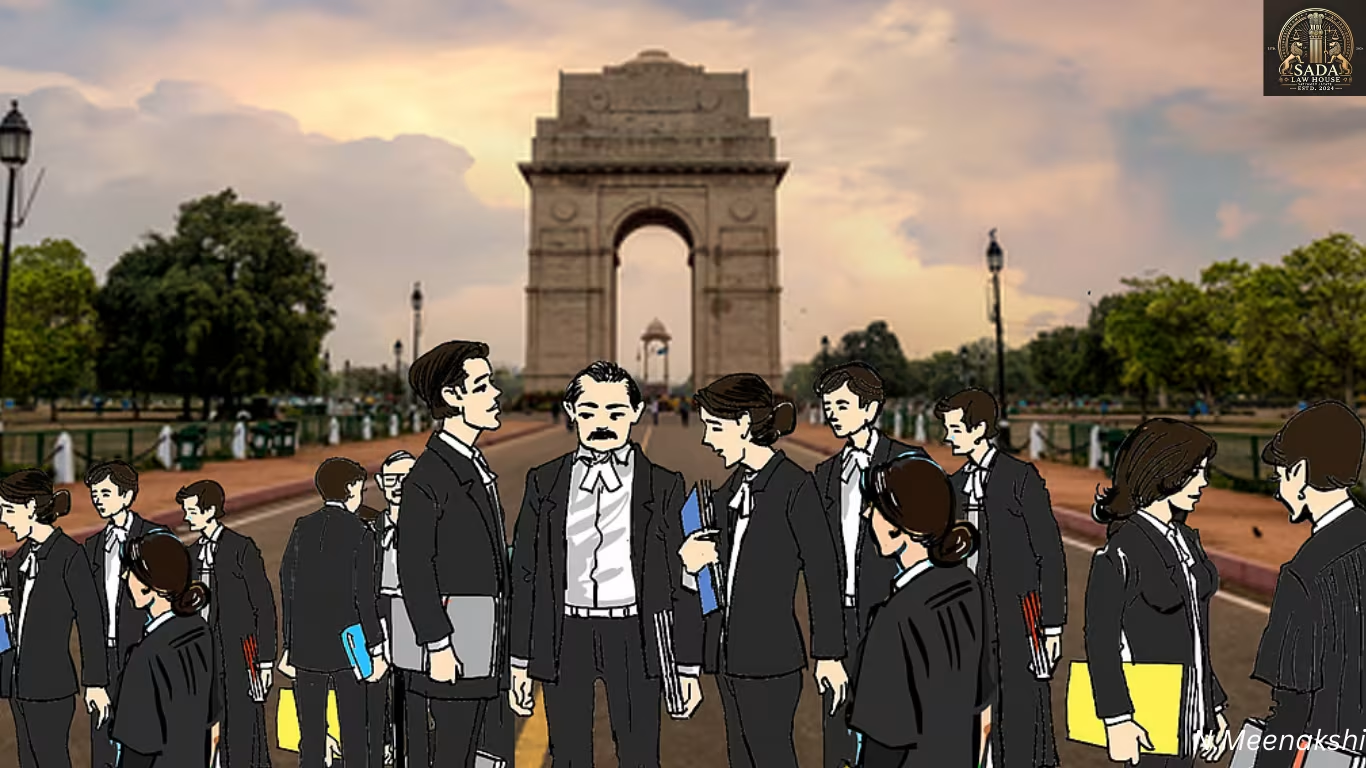Delhi High Court Urges BCI and BCD to Frame Policy for Financial Aid to Families of Deceased Lawyers
- Kashak Agarwala
- 26 September 2025

Introduction
The Delhi High Court has called upon the Bar Council of India (BCI) and the Bar Council of Delhi (BCD) to create a structured policy for providing financial assistance to the families of deceased advocates. The observation arose from a case filed by the mother of a lawyer who died, seeking compensation under the Chief Minister Advocate Welfare Scheme (CMAWS).
Background of the Case
The petitioner, mother of the deceased advocate, sought the release of ₹10 lakh under CMAWS. The Delhi government denied her claim, stating that the insurance coverage had not been activated before the lawyer’s death. A single judge upheld the rejection, prompting the petitioner to appeal before a Division Bench.
Court’s Observations on Welfare Schemes
The Bench agreed that CMAWS benefits could not be applied retrospectively. However, it recognized deeper flaws in the existing welfare framework, stressing that many lawyers’ families face severe financial distress after an advocate’s untimely death.
The Court referred to the Advocates Welfare Fund Act, 2021, which provides benefits during a lawyer’s lifetime but leaves dependents inadequately protected after death.
Interim Assistance from BCD
During proceedings, it was revealed that the BCD had been extending monthly financial support to the petitioner’s family for nearly two years. The Court praised this move as proactive and benevolent but highlighted the lack of a formal policy to ensure continuity.
Request for Comprehensive Policy
The Bench urged BCI and BCD to frame a formal, structured welfare scheme to prevent advocates’ families from slipping into poverty. It emphasized that bar councils hold not just regulatory responsibilities but also ethical duties to safeguard the profession’s credibility through robust welfare measures.
Freedom Granted to Petitioner
Disposing of the appeal, the Court granted the petitioner liberty to approach BCI and BCD for further assistance. It directed the councils to consider her case sympathetically under existing or forthcoming schemes.
Greater Implications
The ruling underscores judicial concern over the economic vulnerabilities of many lawyers, particularly those at early stages of practice. The Court’s call for reform may pave the way for welfare models similar to those in states like Tamil Nadu and Kerala, which already run stronger schemes for advocates’ welfare.
Legal Representation
For the Petitioner: BS Bagga and Jitender Khurana
For BCI: T. Singhdev, Tanishq Srivastava, Sourabh Kumar, Vedant Sood
Conclusion
The Delhi High Court’s appeal to BCI and BCD reflects a push towards institutionalizing welfare for lawyers’ families. By urging structural reforms, the Court has highlighted the humanitarian and ethical responsibilities of bar councils, paving the way for stronger social security mechanisms in the legal profession.






